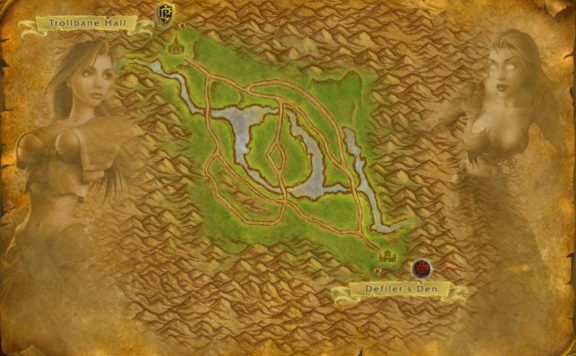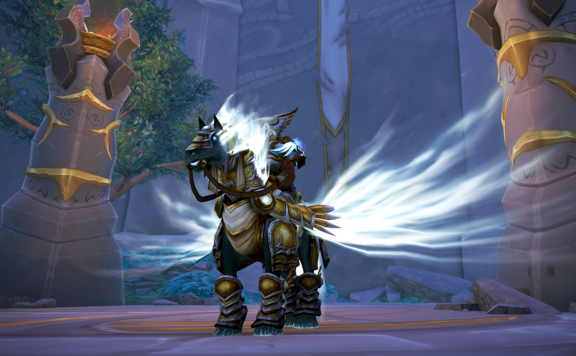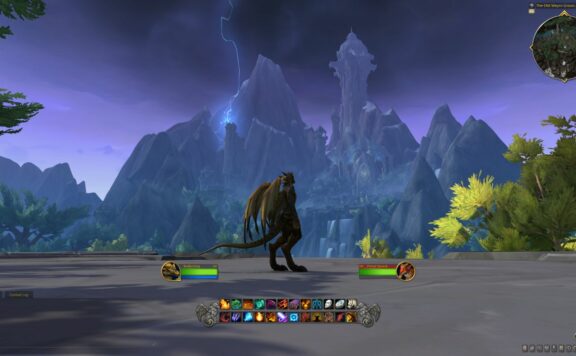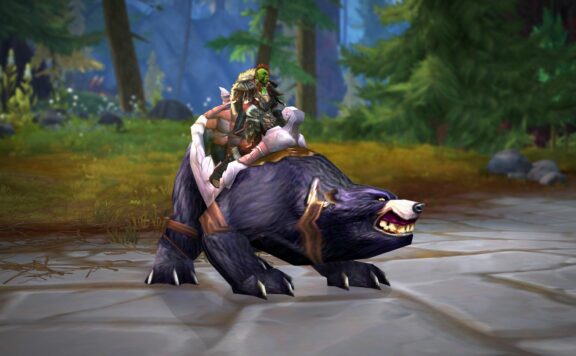Two weeks ago I touched on the subject “Are Gamers Overacting to Games Being Cited As Too Violent?” The intention was not to say this is the solution but to support starting conversations knowing I didn’t have all of the answers. Understanding also that even if I did it wouldn’t be helpful if sincere efforts weren’t made to consider that maybe entertainment has indeed become too violent so what can we do about it as gamers? The goal was to consider how we could possibly help stop the mass shooting crisis in America beyond political, law enforcing or entertainment industry leaders. What can you and I take responsibility for to help stop more horrific tragedies from occurring?
Today I want to round off this subject with further consideration about social media and the way gamers have been coached to exist within social media platforms today in 2019.
Any quotes in today’s article will be taken from the link above.
Gaming culture has also evolved into an industry that embraces influential marketing especially since the introduction of livestreaming/vlogging game play. Amidst this evolution of broadcasting is the recent increase of popularity with the battleroyale genre encouraging all ages to mix online in mass like never before
The timing of this article couldn’t be more perfect as World of Warcraft Classic launched this week reminding me of a simpler time as a gamer. All I cared about then was in my game, on my screen or in my Teamspeak ear. I wouldn’t even read forums for three more years! WoWhead was my bible, developers were like wizard status magical and my guild leader may as well have been a pop star I was so into my first MMORPG experience! What does this have to do with today though and the subject of violence?
Over the last decade the use of social media has become a favored marketing tool for businesses in the hopes of creating exposure that sells it’s product. Beyond marketing, social media platforms are now also used for job advertising/applications, real-time conferencing, online offices and many other professional uses. The internet is an incredible tool.
Back in the gaming arena once upon a time you would only see development engagement on an official forum or an official blog that was followed by gaming companies engaging via Steam, Facebook, Reddit, Skype, Youtube, Twitter and more recently Discord and Twitch – just to name a few. Giveaways started to become the norm sweetening the social media pot or teasing future content while keeping customers updated and networking over the specific game each platform is created for. Hype culture is very real and very easy to manipulate so players are kept engaged, intrigued and wanting 24/7 with some games going so far as to create mobile applications that access in-game content or entirely new games based on the old one but in mobile form.
Seeing a developer on social media was once so rare but this has changed drastically to the point where jobs have been lost, in-game issues are now also resolved by a tweet and teams are being trained to create content on social media that keeps players hooked in.
All these platforms greatly influenced by adults ready to exercise their first amendment or right to say anything they choose before you even respond are putting the vulnerable (including children) in the same room with this conflict because of the games we play.
Back in my day (shakes “get off my lawn” sign) it was also generally noted that when you go to a website or app to comment you could confidentially assume anyone else there was there for the same game – the same reason – but now we no longer really know who we’re dealing with especially on massive platforms that allow many topics. In one day you could visit such scenarios tens of hundreds, of times without giving this any thought. Do this regularly over time and your thought processes, your knowledge, your reactions will alter wether you like it or not.
We live in influential times.
Without even realizing, every subject you are subconsciously partaking in is molding your perception effecting your everyday life so I am here today to ask you – Do you think that gaming companies are behaving irresponsibly by putting its games on platforms with subjects that could potentially put customers in the same threads, chats and conversations as someone only using that platform for subjects that create conflict?
Think about that for a second. Do we need gaming developers to be on every platform also burning out from confrontational attitudes? Are marketing budgets taking advantage of social media platforms putting game exposure before player exposure? Are gaming developers setting themselves up to fail by encouraging 24/7 engagement? Are gaming developers encouraging their customers to be exposed to attitudes that are potentially violent, harmful and life threatening?
Is it time for gaming companies to put player safety before their own budgets?
Observing the evolution of gaming culture for the last 15 years and looking at where we are as an online culture (not only in America) currently I wanted to take the time today to suggest gaming companies, online support networks and social media platforms could do better to protect the mental well-being of its customers. I am wholeheartedly encouraging conversation around the use of social media by gaming companies, especially those whose games have a young or anxious audience hoping public relation and marketing teams work with data specialists and healthcare professionals to sincerely consider the impact of social media on people using platforms primarily to discover or stay in touch with their games.
In closing I’d like to remind us all wherever we are that any good gamer (any good person) knows that often it’s not the game that causes conflict or unrest but the many ways we are being coached to engage with each other while playing them.







